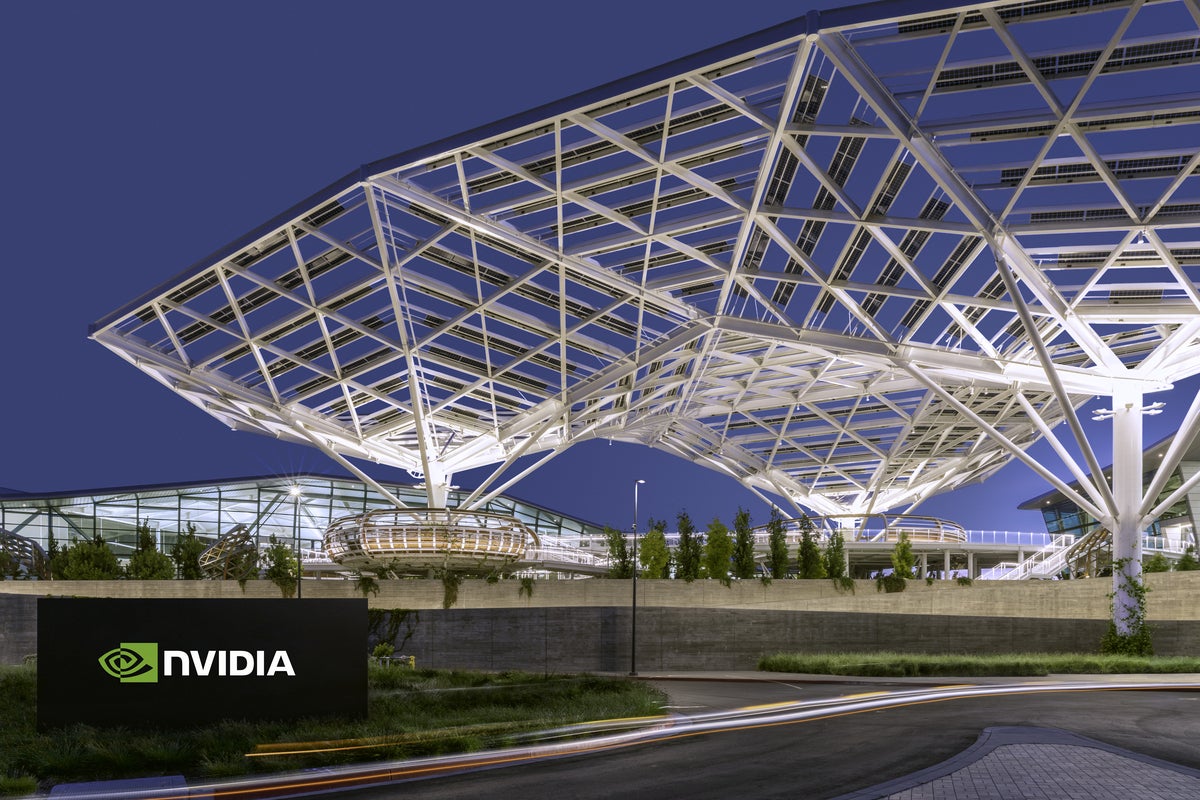Physical Address
304 North Cardinal St.
Dorchester Center, MA 02124
Physical Address
304 North Cardinal St.
Dorchester Center, MA 02124

In a recent development, three authors, Abdi Nazemian, Brian Keene, and Stewart O’Nan, have filed a copyright infringement lawsuit against Nvidia, a leading provider of generative AI technology. This lawsuit adds to the growing number of legal challenges faced by AI creators who rely on the “fair use” doctrine to acquire copyrighted material for training their language models.
The crux of the lawsuit revolves around the allegation that Nvidia used copyrighted works of fiction by the named authors as training data for their NeMo Megatron series. The authors claim that Nvidia’s use of their copyrighted material without permission violates their exclusive rights as copyright holders.
At the heart of the matter is the “Books3” dataset, which contains 108GB of data and is a copy of the Bibliotik private tracker. The complaint states that Bibliotik and similar “shadow library” sites host and distribute vast quantities of unlicensed copyrighted material, making them a common resource in the development of large language models.
The authors, represented by the Joseph Saveri Law Firm, are seeking monetary damages and the destruction of all copies made or used by Nvidia in violation of their exclusive rights. It is worth noting that the Joseph Saveri Law Firm is already representing other groups of creative professionals in similar lawsuits against major AI providers.
This lawsuit, like others in the same vein, raises questions about the concept of “fair use” in copyright law. Fair use provides exceptions that allow for the use of copyrighted works without permission under certain circumstances. However, the legal test for fair use involves evaluating four factors: the purpose and character of the use, the nature of the copyrighted work, the amount and substantiality of the portion used, and the effect on the market for the original work.
Defendants such as Nvidia are likely to argue that their use of the copyrighted works is transformative and different from the original creators’ use. They may also claim that the use of books for AI training does not significantly impact the market for prospective readers. On the other hand, the plaintiffs are likely to highlight the ingestion of multiple works in full and the commercial nature of Nvidia’s use as arguments against fair use.
It is important to note that Nvidia has not yet responded to requests for comment regarding the lawsuit. The case was filed in the federal district court in the Northern District of California, which is the appropriate jurisdiction for copyright cases governed exclusively by federal law.
This lawsuit against Nvidia adds to the ongoing legal battles between authors and AI creators, shedding light on the complex intersection of copyright law and AI technology. The outcome of this case will have implications for the future of AI development and the boundaries of fair use in the digital age.
The copyright infringement lawsuit filed against Nvidia by authors Abdi Nazemian, Brian Keene, and Stewart O’Nan is expected to have significant implications for both Nvidia and the broader AI industry.
One of the immediate effects of the lawsuit is the potential financial impact on Nvidia. If the authors’ claims are successful, Nvidia may be required to pay monetary damages to compensate for the unauthorized use of copyrighted material. Additionally, the authors are seeking the destruction of all copies made or used by Nvidia in violation of their exclusive rights. This could result in a loss of valuable training data for Nvidia’s NeMo Megatron series, potentially impacting the development and performance of their language models.
Beyond the financial and operational consequences for Nvidia, the lawsuit raises important legal questions surrounding the use of copyrighted material in AI training. The outcome of this case will provide clarity on the boundaries of fair use in the context of generative AI technology. If the court rules in favor of the authors, it could set a precedent for future lawsuits against AI creators who rely on copyrighted material without permission.
The lawsuit also highlights the need for AI creators to be more cautious and diligent in their data acquisition practices. The reliance on “shadow library” sites and unlicensed copyrighted material for training AI models can expose companies to legal risks. This case serves as a reminder that AI developers must ensure they have the necessary permissions and licenses for the data they use, or they may face legal consequences.
Furthermore, the lawsuit adds to the growing scrutiny surrounding the ethical implications of AI technology. Critics argue that the unauthorized use of copyrighted material undermines the rights of content creators and raises concerns about the potential for AI-generated content to infringe on intellectual property rights. This case could fuel discussions and debates about the ethical responsibilities of AI developers and the need for stronger regulations in the industry.
Overall, the lawsuit against Nvidia has the potential to shape the future landscape of AI development and copyright law. The outcome will not only impact Nvidia’s operations and financial standing but also influence the practices and legal considerations of AI creators worldwide. As the case progresses, it will be closely watched by industry experts, legal professionals, and stakeholders invested in the intersection of AI and intellectual property rights.
If you’re wondering where the article came from!
#